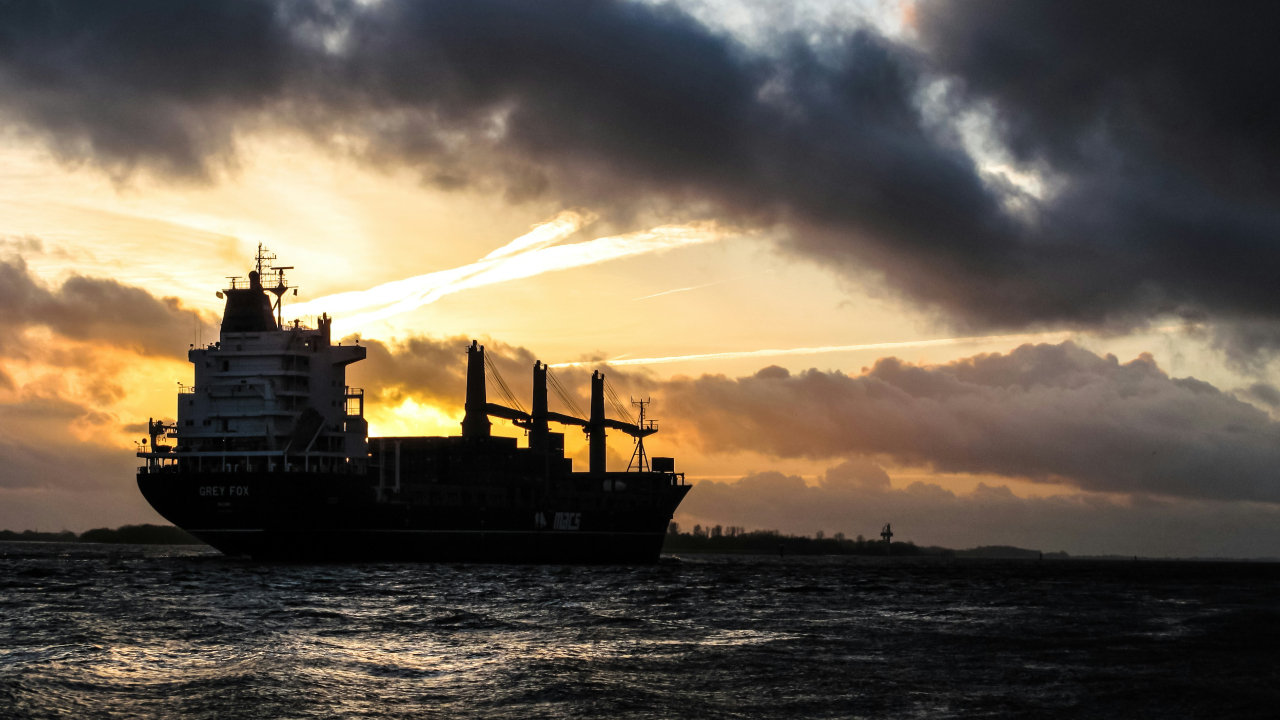- Houthi attacks on a ship in the Red Sea in February are the likely cause of a breakage in undersea internet cables in the area, according to reports.
- Freighter the Rubymar was struck with Houthi missiles and abandoned, but not before its uncontrolled anchor scraped the sea floor and a Seacom internet cable with it.
- Internet outages were experienced in Kenya, Egypt, countries in Southern Africa and some regions in Asia because of the cable break.
Last week’s widely reported breakage of Seacom telecommunication cables in the Red Sea is now being attributed to attacks on cargo ships by Houthi militants. Attacks on ships in the region have been ongoing and Houthi leadership claims attacks are in response to Israeli aggression in Palestine and continued support, in arms or otherwise, from nations like the United States towards Israel.
The same attacks have been causing widespread economic turmoil for many nations, and have led to skyrocketing prices in Crude Oil, hiking South African petrol prices.
Last week, Seacom reported that it experienced an outage in its internet services in Kenya, Egypt and some countries in Southern Africa. At that time, investigations pointed to an underwater cable break in the Red Sea region. The company said that other cables nearby could have also been affected.
In the past, underwater seismic activity has been known to damage undersea cables, but it appears this breakage has humans at the cause.

According to a Bloomberg report, it is understood that a ship that was attacked by Houthi militants was abandoned to sink by its crew and left to drift in the area. The ship’s anchor was dropped and, uncontrolled, the anchor dragged on the sea floor, damaging undersea telecom cables it came in contact with.
The crew abandoned the massive 172-meter vessel, the Rubymar, after Houthi missiles struck its hull. At the time of the attack the Rubymar, out of Belize, was freighting 41 000 tonnes of fertilizer. The ship has been confirmed to have sunk after the attack, but not before drifting for two weeks unmanned. The initial attack occurred in February.
Apart from internet interruptions in Africa, the cable breakages – affecting the Seacom, AAE-1 and EIG cables – also knocked the internet offline in a few regions in Asia, as the Seacom cable is a critical route connecting Europe’s internet infrastructure with Asia’s. It is believed that 25 percent of online traffic between the two continents is handled by subsea cables in the region of the attack.
#امريكا هي المسؤولة عن اي قطع لكابلات الإنترنت او تلفها في البحر الأحمر و هي المسؤولة .
— محمد علي الحوثي (@Moh_Alhouthi) March 5, 2024
Houthi leaders like Mohammed Ali Al-Houthi, who is subscribed to X Premium, said that the US was responsible for the cable breakages without explaining further. Al-Houthi could mean this, of course, in a metaphorical way. As in: the US is responsible because of the support it gives Israel, a reason why Houthi militants are claiming to be attacking ships in the first place.
Seacom is hoping to start repairs on its cable in the region “early in Q2” this year. But with the conflict still ongoing in Palestine, and Houthi forces still attacking non-military and military vessels in the region alike, it is likely that Seacom will experience delays in repairs.
[Image – Photo by Jens Rademacher on Unsplash]

